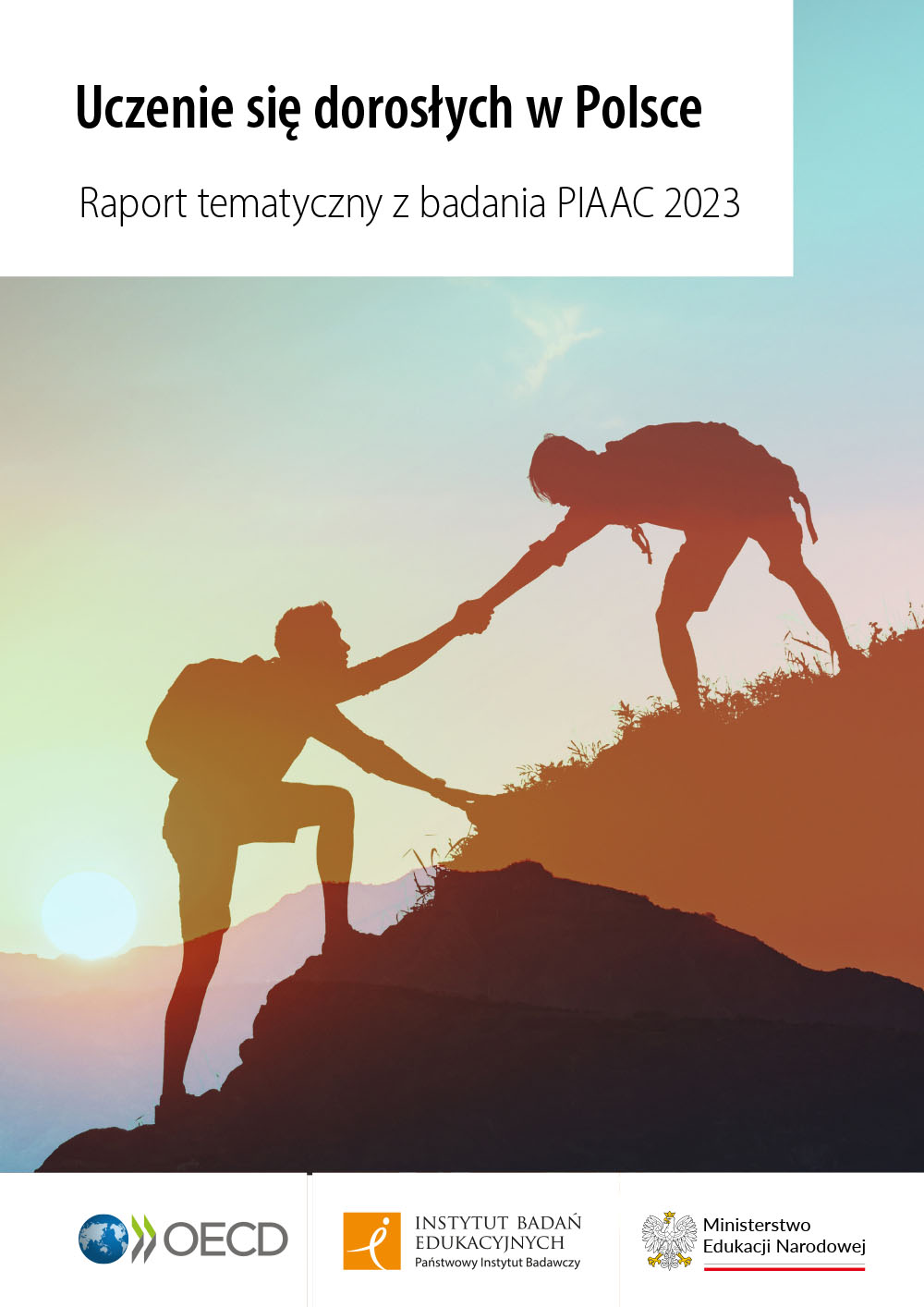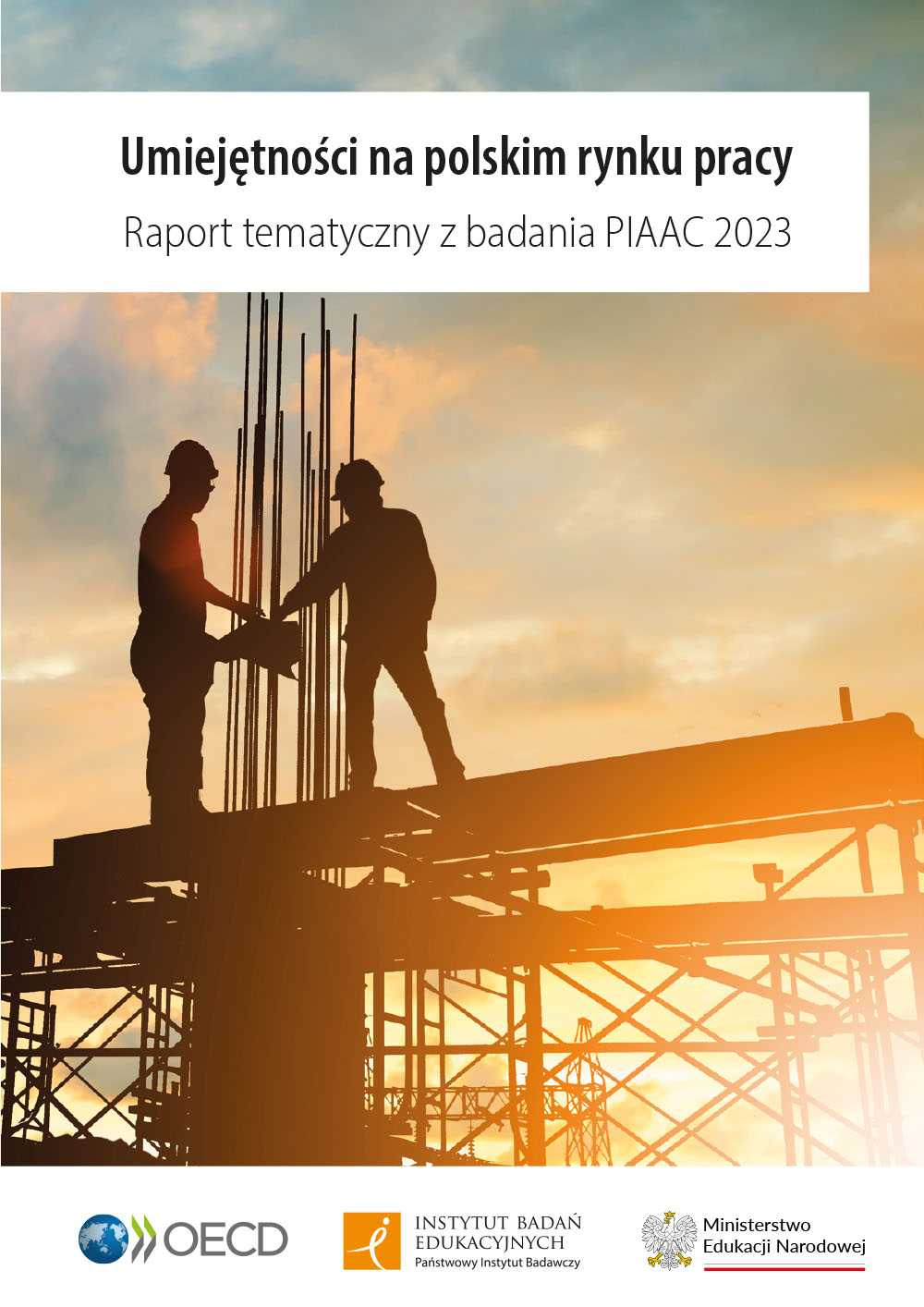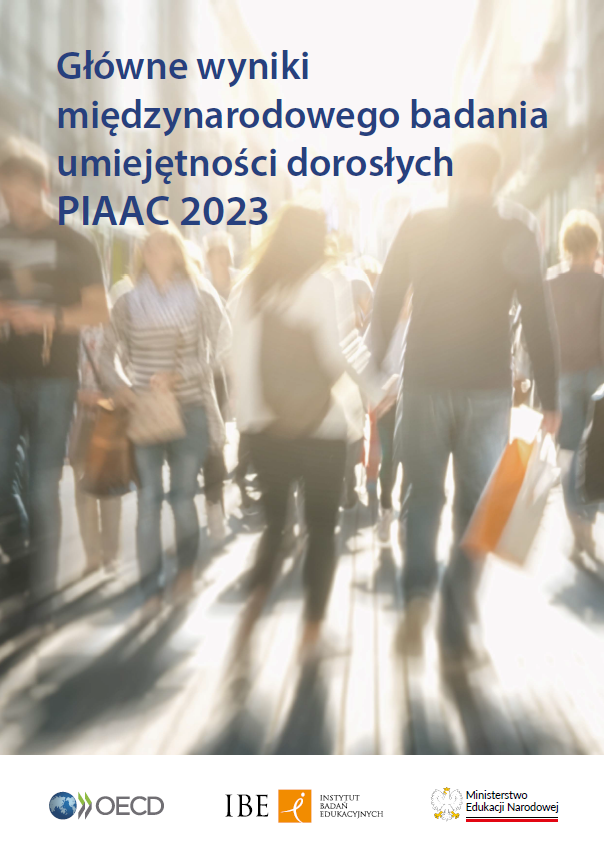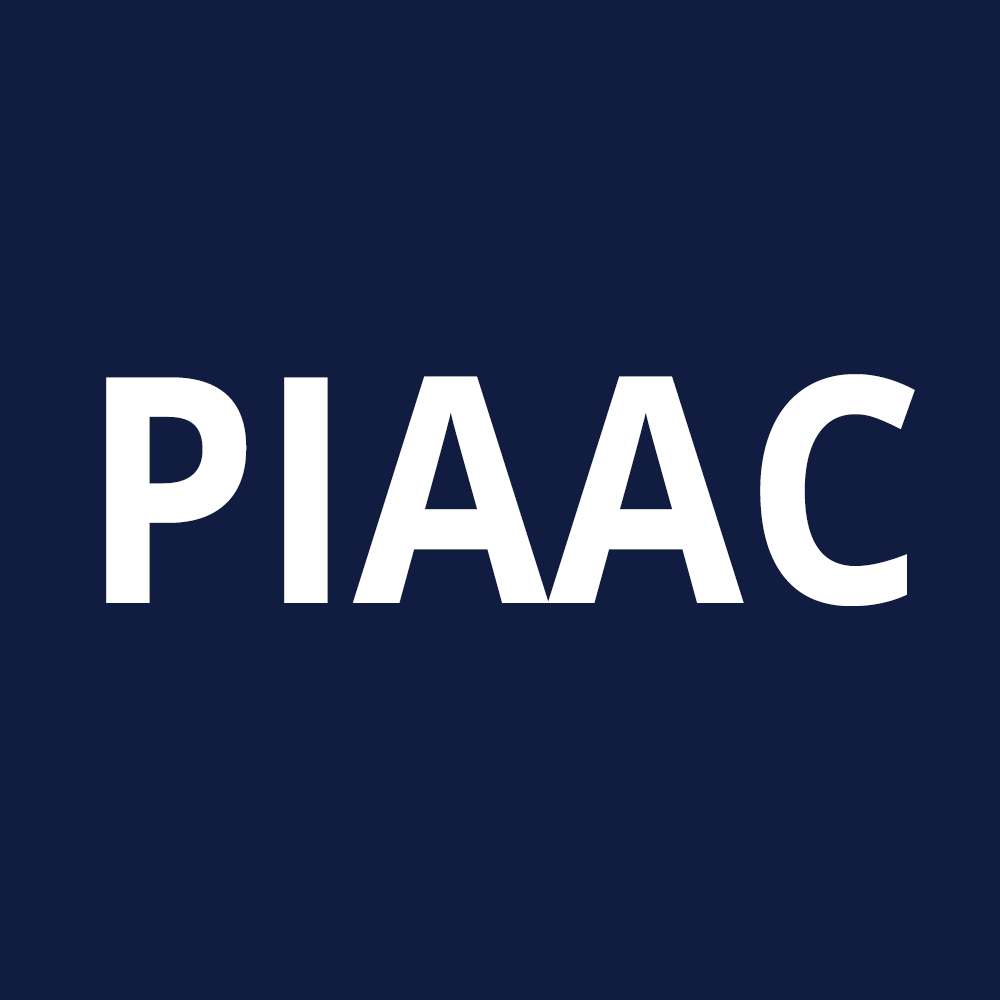PIACC was initiated by the Organisation for Economic Co-operation and Development (OECD). The study is overseen by the PIAAC Board of Participating Countries. PIAAC is a continuation of the International Adult Literacy Survey (IALS) study (1994–1998), in which Poland also participated, and the Adult Literacy and Life Skills Survey (ALL) (2003–2008).
The first PIAAC cycle was conducted in 2011–2017. It consisted of three rounds of data collection, with 24, 8, and 6 countries participating, respectively. Poland took part in the first round of the study in 2011–2012. In 2014–2015, the participants from Poland were surveyed again and asked additional questions in a survey (the postPIAAC study). The second cycle of the PIAAC study took place from 2018–2024. In Poland, data collection from respondents was conducted in 2022–2023.
The PIAAC study measures the fundamental skills needed to function in the modern world, which are key to acquiring new knowledge and competences. In the second cycle of the study, skills such as literacy, numeracy, and adaptive problem solving were assessed. The first cycle also assessed the skill of problem solving using new technologies.
PIAAC participants additionally answer questions regarding their education, learning activities, labor market situation, and opinions and attitudes towards learning. They are also asked how they use their skills in daily life and at work.
The PIAAC study is conducted among individuals aged 16–65 who are permanent residents of a given country and are not in residential institutions. It is conducted on a representative, random sample, adapted to the conditions of each country. In Poland, for the first and second cycles of the study, the sample was drawn from the PESEL register. The sampling was done in two stages – first, localities were randomly selected, then the individuals to be surveyed were chosen within those localities. Other countries use similar registers or address-based sampling. The sampling rules can be modified depending on the needs of the participating countries. During the first cycle of the study in Poland, young people (aged 19–26) were overrepresented in the sample. Some countries also survey an additional sample of individuals aged 65+.
The PIAAC study is conducted in the participant’s home. A trained interviewer conducts the survey using a questionnaire, after which the participant, in the interviewer’s presence, takes part in a skills assessment by completing task sets. During the first cycle, participants in Poland could choose between a computer-based or paper-based format, with the paper version intended primarily for those with lower digital skills. In the second cycle, the survey was conducted exclusively in a computer-based format (tablet or computer).
The Educational Research Institute – National Research Institute is responsible for the PIAAC studies in Poland. The study is conducted on behalf of the Ministry of National Education. A total of 39 countries and regions participated across the three rounds of the first PIAAC cycle. 31 countries signed up for the first round of the second cycle.
For more information, please visit the Polish study website and the OECD website.
The study assessment framework
The scope and assumptions for both cycles of the PIAAC study are presented in the assessment framework. The scope of the first PIAAC cycle was developed by experts and representatives from the participating countries—it builds upon the earlier IALS and ALL studies. The framework for the second cycle maintains a continuity that is essential for making comparisons between cycles. However, it has been reviewed and updated to better reflect changes in the modern world, particularly regarding the use of literacy and numeracy skills, as well as changing the assessment method (an exclusively computer-based assessment).
The assessment framework for each PIAAC cycle is available on the OECD website.
Country Reports – Poland
Country reports are prepared by the national research teams. The Polish reports contain a more detailed discussion of the results concerning Poland and Polish participants.
PIAAC 2023
Adult Learning in Poland. A Thematic Report from PIAAC 2023
Instytut Badań Edukacyjnych – Państwowy Instytut Badawczy, 2025
Michał Sitek
Skills in the Polish Labour Market. A Thematic Report from PIAAC 2023
Instytut Badań Edukacyjnych – Państwowy Instytut Badawczy, 2025
Michał Sitek, Paweł Penszko
Main Results of PIAAC 2023
Instytut Badań Edukacyjnych, 2024
Michał Sitek, Artur Pokropek, Paweł Penszko, Katarzyna Chyl, Jacek Haman
PIAAC 2013
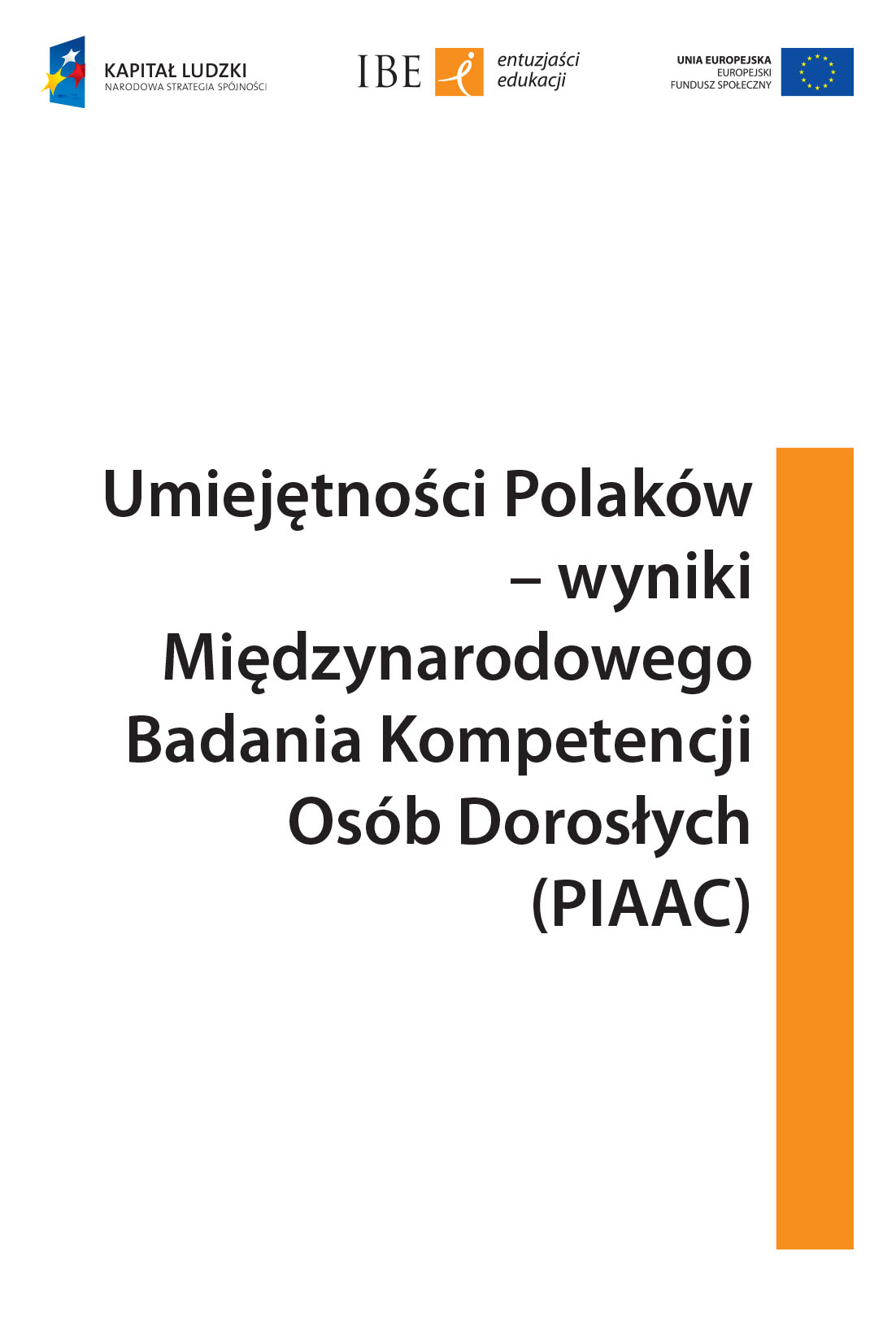
Polish Report from the First PIAAC Cycle
Rynko, M. (red.) (2013). Umiejętności Polaków – wyniki Międzynarodowego Badania Kompetencji Osób Dorosłych (PIAAC)
Warszawa: Instytut Badań Edukacyjnych
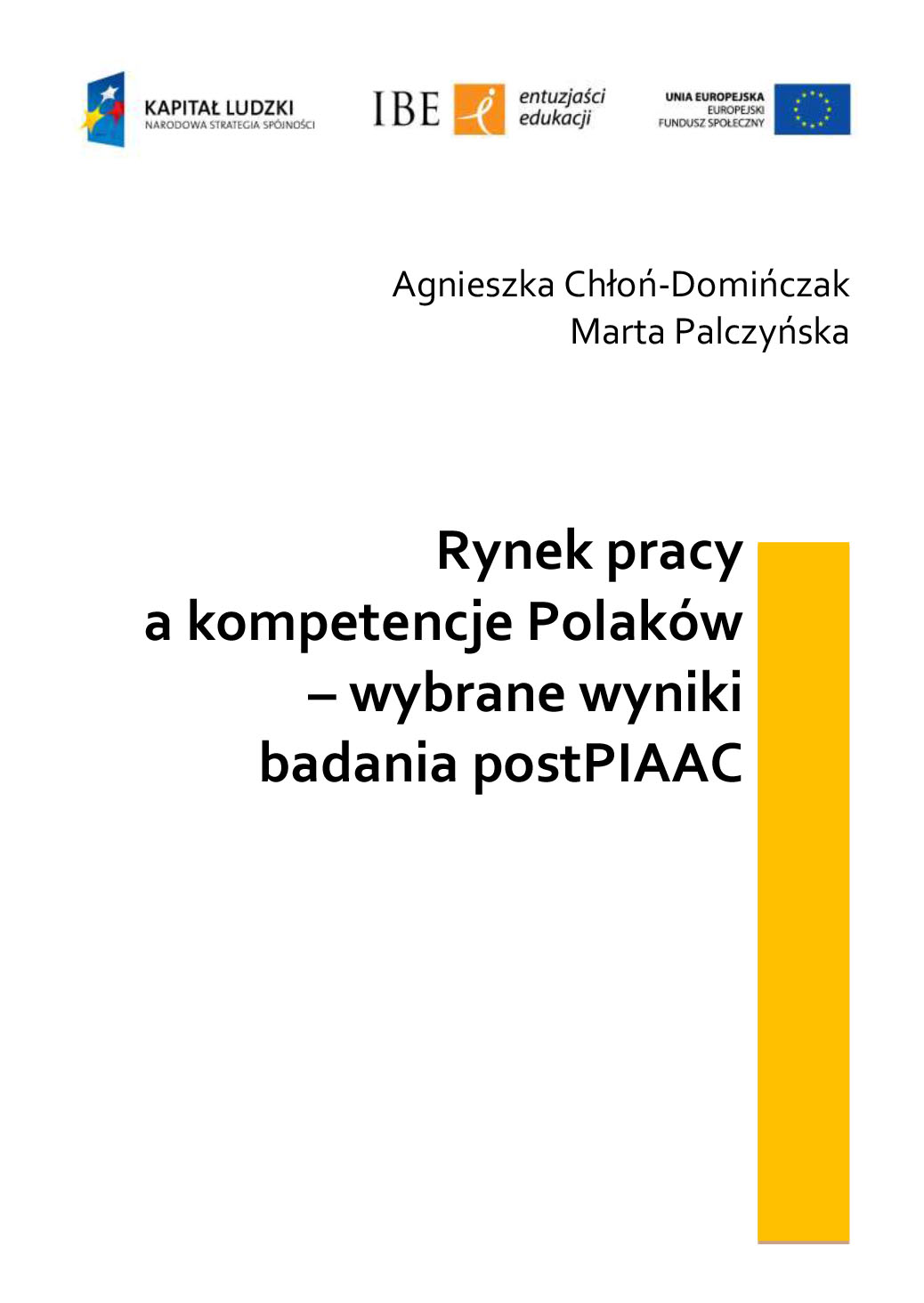
Report from the postPIAAC Study
Chłoń-Domińczak, A, Palczyńska, M. (2015). Rynek pracy a kompetencje Polaków – wybrane wyniki badania postPIAAC
Warszawa: Instytut Badań Edukacyjnych
International Reports
International reports presenting the results of each study cycle, as well as other publications and materials relating to the study are available on the OECD website.
PIAAC 1 cykl 2011–2017
Skills Matter: Additional Results from the Survey of Adult Skills
Skills on the Move. Migrants in the Survey of Adult Skills
Skills Matter: Further Results from the Survey of Adult Skills
Adults, Computers and Problem Solving. What's the Problem?
OECD Skills Outlook 2013: First Results from the Survey of Adult Skills
PIAAC 2018–2024
The study was conducted in 2018–2024. Poland participated in the first round of the study, with data collected from participants in 2022–2023. The main results of this study round were announced in December 2024. At the same time, OECD released the datasets, allowing for independent analyses to be performed.




